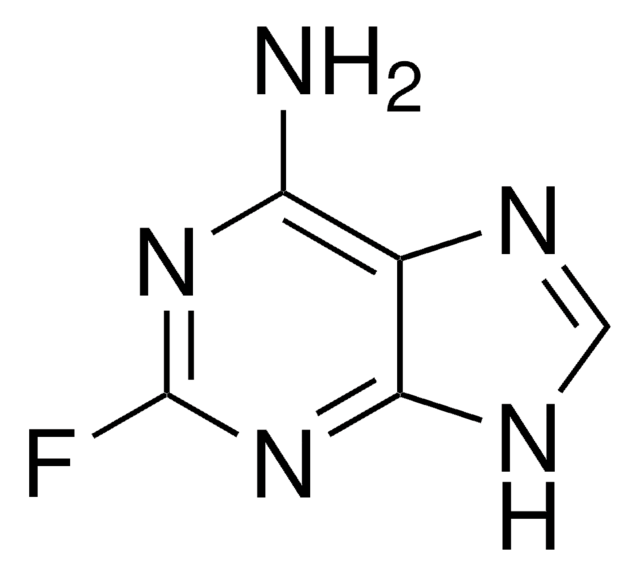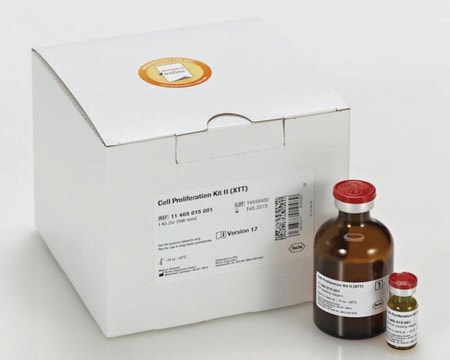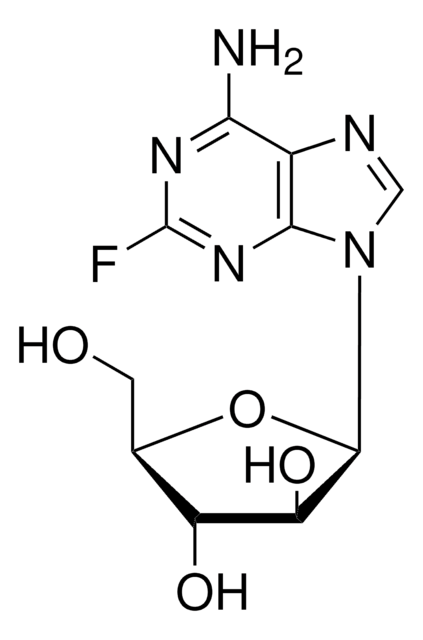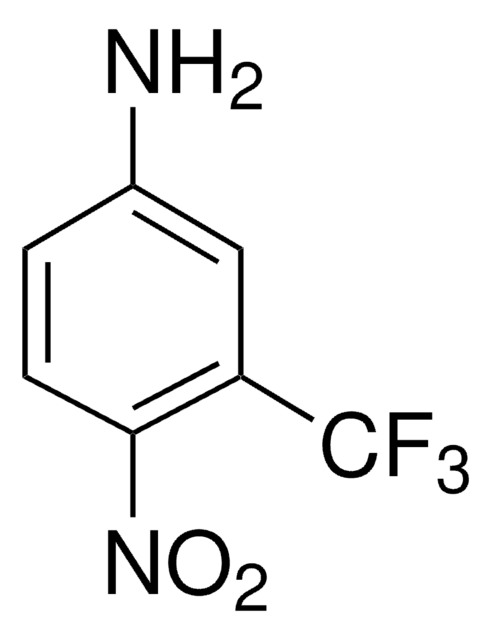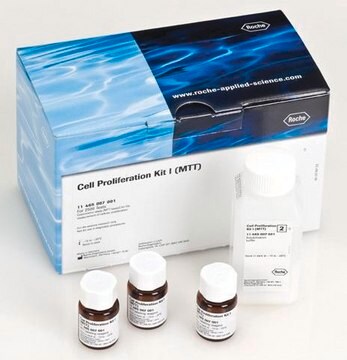94072246
RPMI 7932 cell line
94072246, human lung effusion, Epithelial-like morphology
Iniciar sesiónpara Ver la Fijación de precios por contrato y de la organización
About This Item
Código UNSPSC:
41106514
Productos recomendados
product name
RPMI 7932 cell line,
origen biológico
human lung (effusion)
formulario
liquid
modo de crecimiento
Adherent
cariotipo
Not specified
morfología
Epithelial-like
productos
Plasminogen activator
receptores
Not specified
técnicas
cell culture | mammalian: suitable
enfermedades relevantes
cancer
Condiciones de envío
dry ice
temp. de almacenamiento
−196°C
Origen línea celular
Human pleural effusion from a patient with malignant melanoma
Descripción línea celular
Derived from the pleural effusion of a 36 year old female with malignant melanoma. Cell line produces plasminogen activator. This cell line was found to be indistinguishable from cell lines COLO 699N & COLO 738 by STR PCR DNA profiling. At ECACC the STR PCR profile of all stocks of this cell line match the profile of the original source material received at ECACC. However, it is not clear if the cell lines COLO 699N, RPMI 7932 & COLO 738 were originally derived from the same individual as the profiles suggest. The cell lines COLO 699N, RPMI 7932 & COLO 738 were received from the same depositor. If we are able to obtain clarification of the relationship between these cell lines this information will be updated.
Aplicación
Tumourigenicity studies
Medio de cultivo
RPMI 1640 + 2mM Glutamine + 10% Foetal Bovine Serum (FBS).
Rutina de subcultivo
Split sub-confluent cultures (70-80%) 1:2 to 1:4 i.e. seeding at 3-6x10,000 cells/cm2using 0.25% trypsin/EDTA; 5% CO2; 37°C.
Otras notas
Additional freight & handling charges may be applicable for Asia-Pacific shipments. Please check with your local Customer Service representative for more information.
Cláusula de descargo de responsabilidad
RESEARCH USE ONLY. This product is regulated in France when intended to be used for scientific purposes, including for import and export activities (Article L 1211-1 paragraph 2 of the Public Health Code). The purchaser (i.e. enduser) is required to obtain an import authorization from the France Ministry of Research referred in the Article L1245-5-1 II. of Public Health Code. By ordering this product, you are confirming that you have obtained the proper import authorization.
Código de clase de almacenamiento
10 - Combustible liquids
Clase de riesgo para el agua (WGK)
WGK 3
Punto de inflamabilidad (°F)
Not applicable
Punto de inflamabilidad (°C)
Not applicable
Certificados de análisis (COA)
Busque Certificados de análisis (COA) introduciendo el número de lote del producto. Los números de lote se encuentran en la etiqueta del producto después de las palabras «Lot» o «Batch»
¿Ya tiene este producto?
Encuentre la documentación para los productos que ha comprado recientemente en la Biblioteca de documentos.
B K Bhuyan et al.
Cancer research, 46(4 Pt 1), 1688-1693 (1986-04-01)
Our interest in prostaglandins (PGs) as antitumor agents stemmed from the report of Bregman and Meyskens (Cancer Res., 43: 1642-1645, 1983) that PGA1, PGA2, and PGD2 inhibited colony formation by human melanoma cells obtained from fresh biopsies of melanoma patients.
B Sharma
Cancer research, 37(12), 4660-4668 (1977-12-01)
Tumor cell fractions isolated from tumor lines SH-3 (breast carcinoma) and RPMI-7932 (malignant melanoma) by differential centrifugations were capable of transforming lymphocytes into cytotoxic effector cells. Lymphocytes cultured alone in human AB plasma did not become cytotoxic to tumor cells.
Generation of cytotoxic lymphocytes against human tumor cells in vitro by various soluble microbial extracts.
B Sharma et al.
Journal of the National Cancer Institute, 63(2), 341-346 (1979-08-01)
C W Porter et al.
Cancer research, 54(22), 5917-5924 (1994-11-15)
Certain N-alkylated analogues of the natural polyamine spermine, such as N1,N11-diethylnorspermine (DENSPM), rapidly deplete intracellular polyamine pools by down-regulating the biosynthetic enzymes, ornithine decarboxylase and S-adenosylmethionine decarboxylase, and by potently up-regulating the polyamine catabolizing enzyme, spermidine/spermine N1-acetyltransferase. On the basis
J A Eisman et al.
Cancer research, 47(1), 21-25 (1987-01-01)
It has been demonstrated previously that several human cancer cell lines possess specific, high affinity receptors for 1,25-dihydroxyvitamin D3 [1,25-(OH)2D3, calcitriol] and that 1,25-(OH)2D3 and certain of its metabolites inhibit the growth in vitro of several human breast cancer and
Nuestro equipo de científicos tiene experiencia en todas las áreas de investigación: Ciencias de la vida, Ciencia de los materiales, Síntesis química, Cromatografía, Analítica y muchas otras.
Póngase en contacto con el Servicio técnico